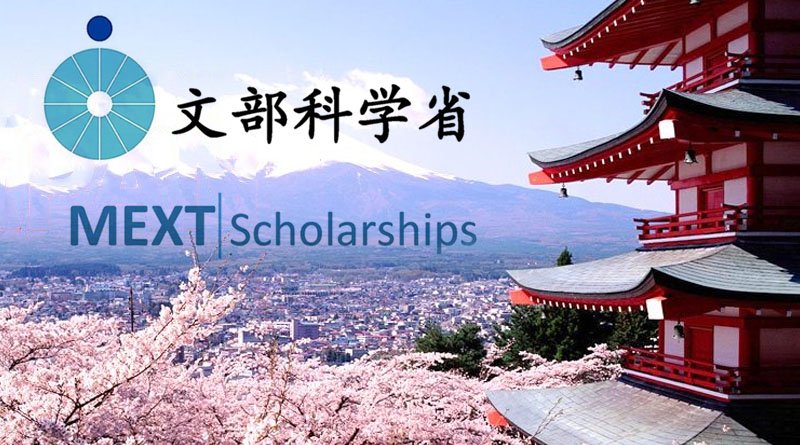Young scholarship recipients heard from Pakistani graduates of Japanese universities about their knowledge of and experiences with studying and living in Japan at the start of the event.

For the academic year 2023–2025, the Government of Japan has awarded 11 Pakistani students MEXT (Ministry of Education, Culture, Sports, Science, and Technology of Japan) Research Scholarships for Master and Doctorate degrees with the goal of giving them the chance to further their studies at renowned Japanese universities in their respective fields.
A pre-departure orientation was held here in Islamabad on Friday for the scholarship recipients by the Japanese Embassy. The young scholarship recipients heard from Pakistani graduates of Japanese universities about their knowledge of and experiences with studying and living in Japan at the start of the event.
ITO Takeshi, Chargé d’Affaires at the Japanese Embassy in Pakistan, hosted a reception at the ambassador’s home to honour the MEXT Alumni Association of Pakistan (MAAP) members and bid the new scholarship recipients farewell at the program’s conclusion.
Speaking at the reception, Mr. ITO offered his congratulations to the new scholarship recipients on being chosen for the prestigious MEXT research scholarships and gave them advice to pursue their studies in Japan with the utmost dedication.
One of the eleven Japanese Ministries that make up the executive branch of the government of Japan is the Ministry of Education, Culture, Sports, Science and Technology, or MEXT, also known as Monka-sh. Its objective is to advance Japan’s advancement in relation to the global community.
The ministry is in charge of providing funding for research that falls under its purview, some of which include: children’s health in relation to the home environment; delta-sigma modulations using graphs; gender equality in sciences; neutrino detection, which aids in the study of supernovas around the world; and other general research for the future.
Japan was able to develop economically despite having limited resources and become a global leader in manufacturing thanks to the cutting-edge knowledge and technology that were fostered by its top-notch educational system.
Japan has introduced numerous products to the world, including electric cars, digital cameras, optical fibres, and artificial hearts, using its cutting-edge science, technology, and medicine. Both karaoke and instant noodles, which have revolutionised the world’s diet, are Japanese inventions.
